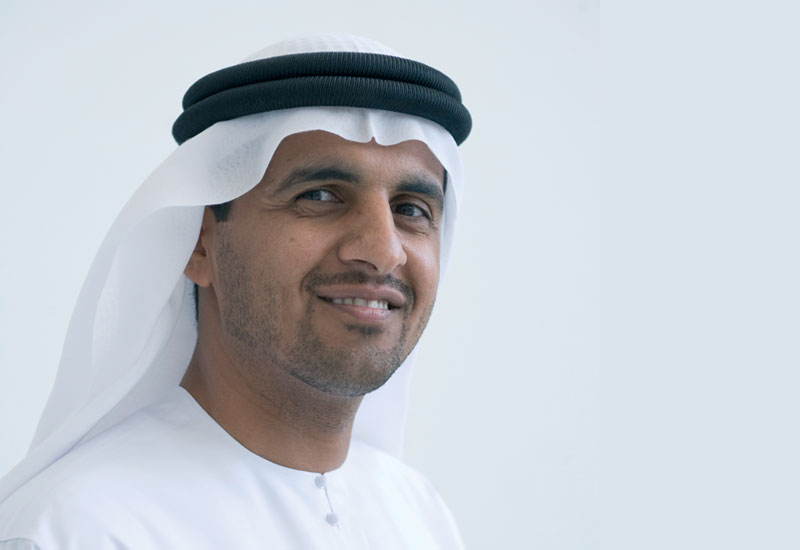Ahead of The Great GM Debate, being hosted by Hotelier Middle East at the end of this month, the panellists, workshop leaders and GMs share their views on the industry
Hotelier Middle East is set to hold its first ever conference on September 29. Designed specifically for hotel general managers, The Hotelier Middle East Great GM Debate will provide a forum for industry colleagues to discuss the issues, challenges and opportunities facing hoteliers in the Middle East.
Rather than sit through a series of seminars, the GMs have chosen to participate in workshops most suited to their needs, with each workshop leader then presenting key findings back to the assembled group. There will also be exciting keynote sessions from the UAE’s leading tourism figures, a session on working with government and a closing panel debate to discuss ‘where are we headed’.

| Advertisement |
So overwhelming was the demand for such an event that registration for The Great GM Debate was over-subscribed more than a month before the conference. It will provide an ideal opportunity for GMs to step back and reflect on how best to tackle operational challenges, adapt to new trends, meet customer expectations and boost their bottom line.
With more than 200 hoteliers preparing to come together to question industry standards, share best practice, and pave the path for the future, Hotelier Middle East challenged a handful of the speakers and GMs to address some of the key talking points in advance.
First up is Majid Sager Al Marri, director of classification at the Dubai Department of Tourism and Commerce Marketing (DTCM) and the first keynote speaker at The Great GM Debate. Al Marri will be outlining some recent developments at DTCM, including the Dubai Green Tourism Awards and the new hotel classification system, which he says will be introduced in Dubai by the year end.
“The GMs will have a better idea about the new classification criteria and types of classification, such as the new five-star accolades (platinum and gold) and also how the hotel industry will benefit from that new system,” said Al Marri.
Meanwhile, Nasser Saif Al Reyami, director tourism standards, Abu Dhabi Tourism Authority, will also be presenting to the GMs to provide an update on developments within the Abu Dhabi hotel industry.
“They will be given a full update of all that is new in terms of our regulatory systems which impact them and also our plans for the future, which we will fully engage them in,” said Reyami.
Like DTCM, the ADTA is also working on expanding the hotel classification system it uses.
“One challenge we are addressing is a method of ranking those properties which are currently rated five-star but offer facilities and service above the more conventional five-star rating requirements. We hope to have this category introduced early in 2011,” Al Reyami said.
In Abu Dhabi generally, he said the biggest challenge facing the hospitality industry was keeping visitors in the emirate for longer.
“The entire industry is currently engaged in a campaign to increase the average length of stay of a hotel guest. It currently stands at 2.65 nights and we would like to see this move to three nights,” asserted Al Reyami. “One way of doing this is to proactively engage the significant amount of travellers which transit Abu Dhabi International Airport to look upon the emirate as an intriguing stop-over destination. This is a strategy that we are working on with stakeholders to deliver and achieve greater guest night stays.”
That said, both Al Marri and Al Reyami said that they were very confident of the growth of the hospitality industry in terms of both increasing visitor numbers and the improving quality of accommodation.









 Search our database of more than 2,700 industry companies
Search our database of more than 2,700 industry companies









